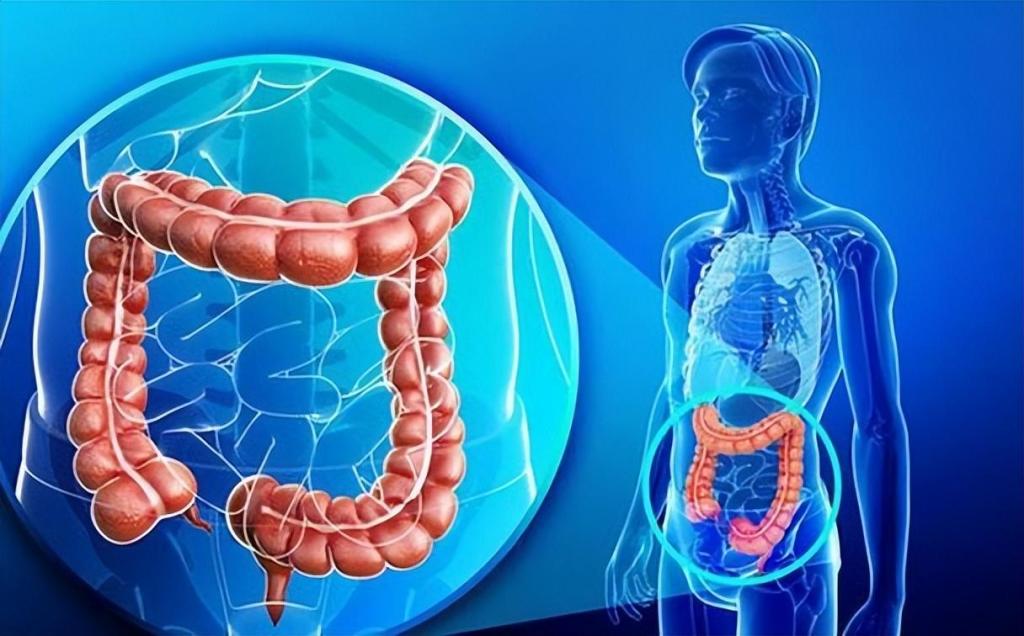
 CONTACT
CONTACT
- Linkman:Linda Yao
- Tel: +8618231198596
- Email:linda.yao@dcpharma.cn
- Linkman:CHARLES.WANG
- Department:Overseas
- Tel: 0086 0311-85537378 0086 0311-85539701
Pharmaceutical Grade Nisin,Wholesale Price
TIME:2024-09-30
Nisin has numerous positive effects on the gut microbiota. It effectively inhibits the growth of harmful bacteria while promoting the proliferation of beneficial bacteria, thereby maintaining the balance of the gut microecology, which is crucial for intestinal health. This balance helps prevent gastrointestinal issues such as diarrhea and constipation.
Nisin also enhances the activity of immune cells and promotes the secretion of immune factors like interleukin-2, thereby boosting the body's resistance to pathogens. This immune-enhancing effect helps reduce the risk of intestinal infections and promotes gut health.
Additionally, nisin stimulates gastric secretion, increases gastrointestinal motility, and facilitates the digestion and absorption of food. This can alleviate symptoms such as bloating and belching caused by indigestion and improve overall digestive function.
As a natural food preservative, nisin is widely used in the food industry, and its safety is well-recognized, typically not having negative effects on the normal gut microbiota. However, it is important to note that excessive intake or improper use may lead to potential hazards, such as gut microbiota imbalance or allergic reactions. Therefore, it is essential to follow medical advice or the recommended dosage on product labels to avoid overconsumption.
Several scientific studies support the positive effects of nisin on gut microbiota. For instance, research has shown that it can inhibit most Gram-positive bacteria and has a strong inhibitory effect on the spores of Bacillus. Additionally, studies indicate that nisin can promote the proliferation of beneficial gut bacteria, such as lactobacilli and bifidobacteria.
Overall, nisin has many positive effects on gut microbiota, including regulating microbial balance, enhancing immunity, and improving digestive function. Caution should be taken regarding appropriate intake and adherence to relevant guidelines to ensure its safety and efficacy.
- Tel:+8618231198596
- Whatsapp:18231198596
- Chat With Skype







